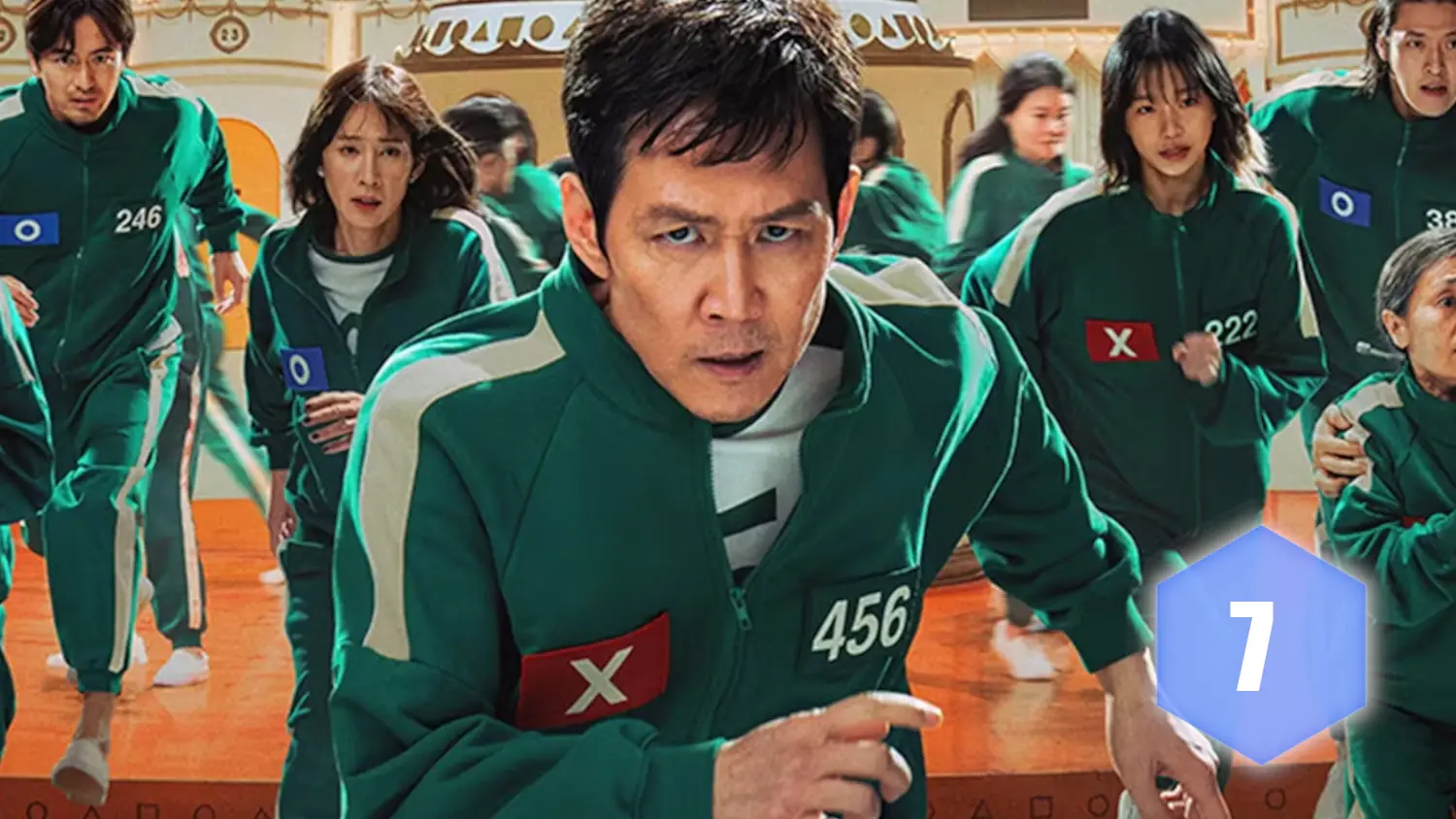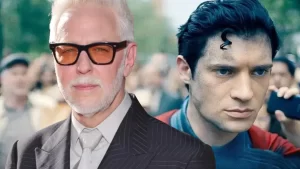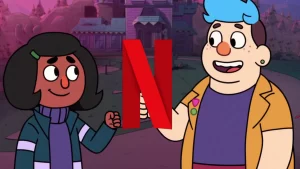The highly anticipated Season 2 of Netflix’s Squid Game is now out, and it doesn’t disappoint. It’s definitely worth a watch. However, it lacks the shock and awe of the first season, which honestly, is probably to be expected. There also happens to be a lot of drama and talk, not as much action, and not as much from the games which is what drew everyone into the first season.
Season 2 also feels short. The second season feels like it has been unnecessarily stretched out and cut in half so they can have a Season 3, which is confirmed to be the last and coming out in 2025.
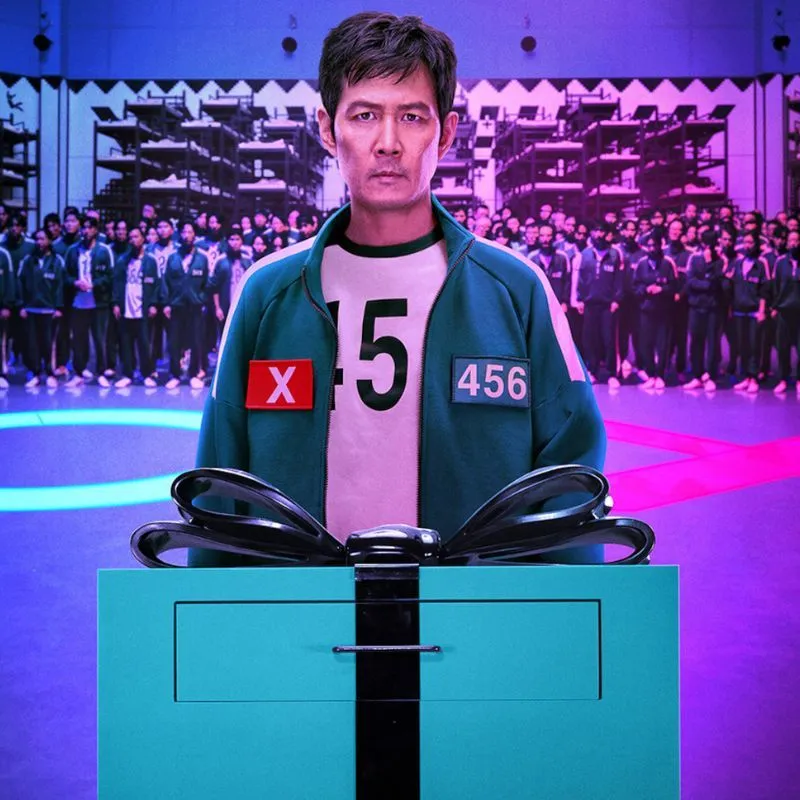
In Season 2, Lee Jung-jae returns as Seong Gi-hun (aka Player 456), who is now obsessed with shutting down the game. Over the past two years, he has been using his winnings—around $31 million in U.S. dollars—to fund his mission. He has hired people to track down the game’s recruiter and, ultimately, the Front Man.
At the same time, there’s a side plot involving Hwang Jun-ho, a police officer trying to locate the island after the events of Season 1 and his brother’s involvement. Unfortunately, this subplot fails to deliver, feels directionless, and comes across as a waste of time.
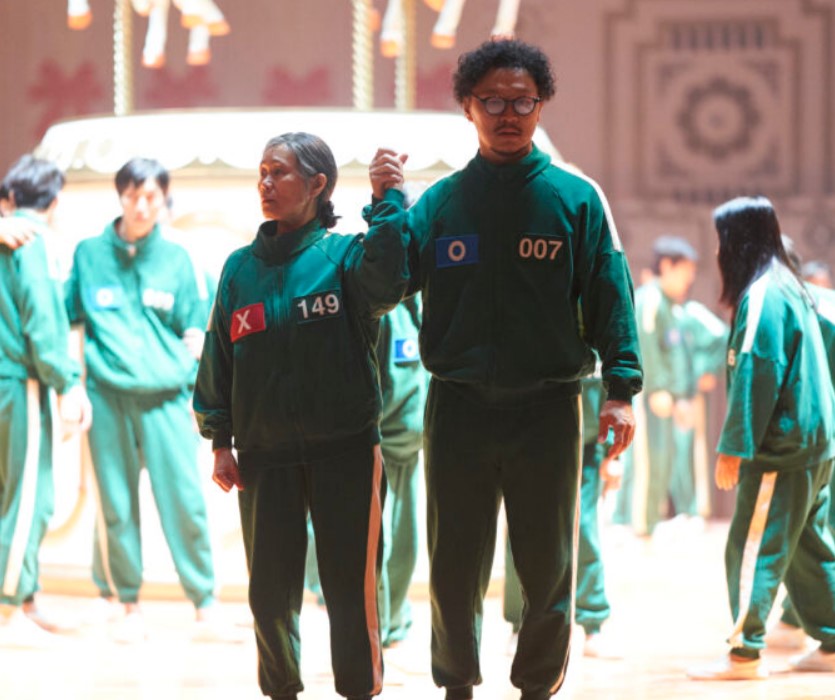
With only seven episodes this season, compared to nine in the first, each one needs to pack a punch. However, there’s a lot of filler with unnecessary dialogue. The first two episodes focus on Seong Gi-hun tracking down the recruiter and feature a significant amount of buildup—which I actually enjoyed. I found myself liking this part of the story more than the rest of the season.
In Episode 3, we finally get to the games. However, the game episodes are bogged down by excessive drama and dialogue, causing them to fall flat. There are moments where you can fast-forward without missing anything, especially in the last three episodes. As I watched, I felt they could have significantly cut down on the contestant drama—particularly during the voting scenes, which are repeated multiple times with predictable outcomes.
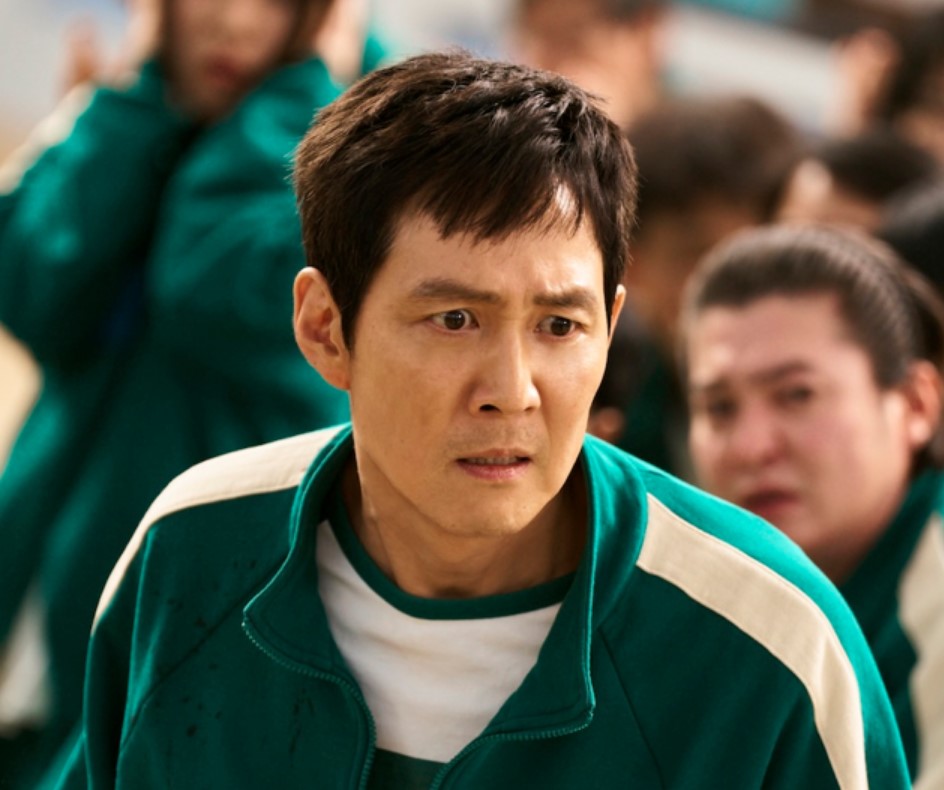
Speaking of predictability, the winners of each game are easy to guess because the show focuses so heavily on them, leaving little room for surprises. Honestly, they could have wrapped up the series with a nine-episode second season, if they cut out the filler, but it’s clear Netflix stretched it out to squeeze more content into a third season.
When it comes to the games, Red Light, Green Light makes a return as a fan favorite and doesn’t disappoint. However, the next game compresses five children’s games into a single round, and after that, there’s only one more game, Mingles. By comparison, the first season featured at least half a dozen games. Season 2 episodes then go into the drama between the contestants and we’re left with numerous cliff-hangers where we have to wait for Season 3 to hopefully connect and explain everything and get the – no pun intended – payoff.
What it comes down to is that the problem with Season 2 is that it feels like all the outcomes feel too predictable—again, perhaps because we’ve seen it all before in Season 1. However, rather than introducing fresh twists, the show simply ups the mindless violence. The overarching themes of Season 2—betrayal, failure to meet expectations, and greed—are also relentlessly hammered home in nearly every scene, making them feel repetitive and overplayed. Every character seems the same.
Squad Game Season 2 gets a 7/10 rating.

